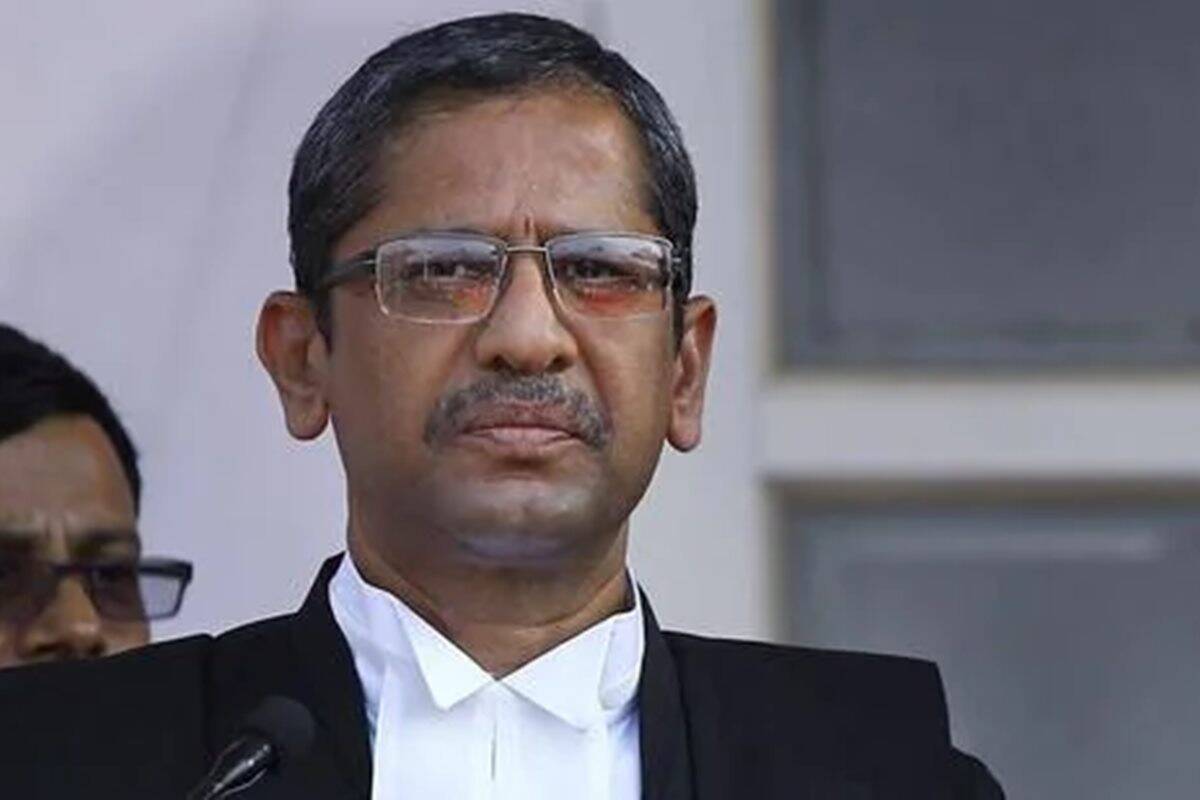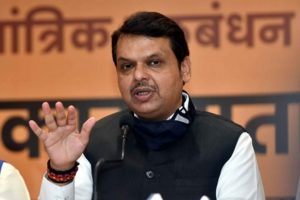The Chief Justice of India (CJI) Nuthalapati Venkata Ramana, said that the judiciary has to overcome conflicts through a constructive resolution to ensure social order to give Justice to the needy.
“Dispensing justice is not only a constitutional duty but also a social one. Conflicts are inevitable for any society. But the constructive resolution of conflict is integral to maintain the social order,” the CJI Ramana said while speaking on the occasion to lay the foundation stone for the Administrative Block of Madras High Court and inaugurating the Court buildings located in Namakkal and Villupuram Districts in Chennai.
“Constructive conflict resolution is not a mere technical job. Particularly in a country like India, judges cannot blindly apply the rules, procedures, and statutes. After all, conflicts have a human face. We are constantly aware of our duty to render justice, not merely procedural, but also substantial,” the CJI Ramana said.
Before rendering any decision, the judges have to weigh several socio-economic factors and the impact of their decision on the society, the CJI said and added that the judiciary should never be viewed as a mere enforcer of the law. It is an engine of social integration.
The people of this country look up to the judiciary in times of distress. They firmly believe that their rights will be protected by the courts.
“It is necessary to contemplate how to improve the functioning of the judiciary, how to reach out to the people and fulfill their justice needs,” he said.
Justice Ramana, being a strong proponent of “Indianization of the Justice Delivery System”, said that by Indianisation, he meant moulding the Indian Judicial System for the benefit of the Indian populace.
“It is a multidimensional concept. It calls for inclusivity, providing access to people to participate in the proceedings, removal of the language barrier, reforms in practice and procedure, development of infrastructure, filling up of vacancies, augmenting the strength of judiciary and so on,” the CJI Ramana said.
He said that he was deeply aware of the problems being faced by the judges, advocates, and litigants. The Court’s functioning is greatly inhibited due to a lack of infrastructure- both physical and personnel.
“Inclusivity does not stop with the only representation of women. The social and geographical diversity of the nation must find reflected at all levels of the judiciary. With the widest possible representation, people get to feel that it is their own judiciary. Everyone has a voice in this system, and they form a substantial part of it. In fact, we are awaiting a day where a person’s gender, orientation, birth, or identity would not act as a barrier,” the CJI said.
He also gave the example that a judge from a rural background is better placed to appreciate issues concerning the rural population.
He said a judge from a particular region understands the issues of that area better. A judge from marginalised sections understands the issues of the marginalised better.
Speaking on regional benches of the Supreme Court, the CJI said, a judge from the marginalised section understands the issue of marginalised better. Inclusivity then talks of geographical barriers faced by both litigants and lawyers.
Others who were present on the occasion were: Chief Minister of Tamil Nadu MK Stalin, SC Judges Justice V Ramasubramanian & Justice MM Sundresh, Justice Munishwar Nath Bhandari Chief Justice Madras High Court & other Dignitaries at the event.












